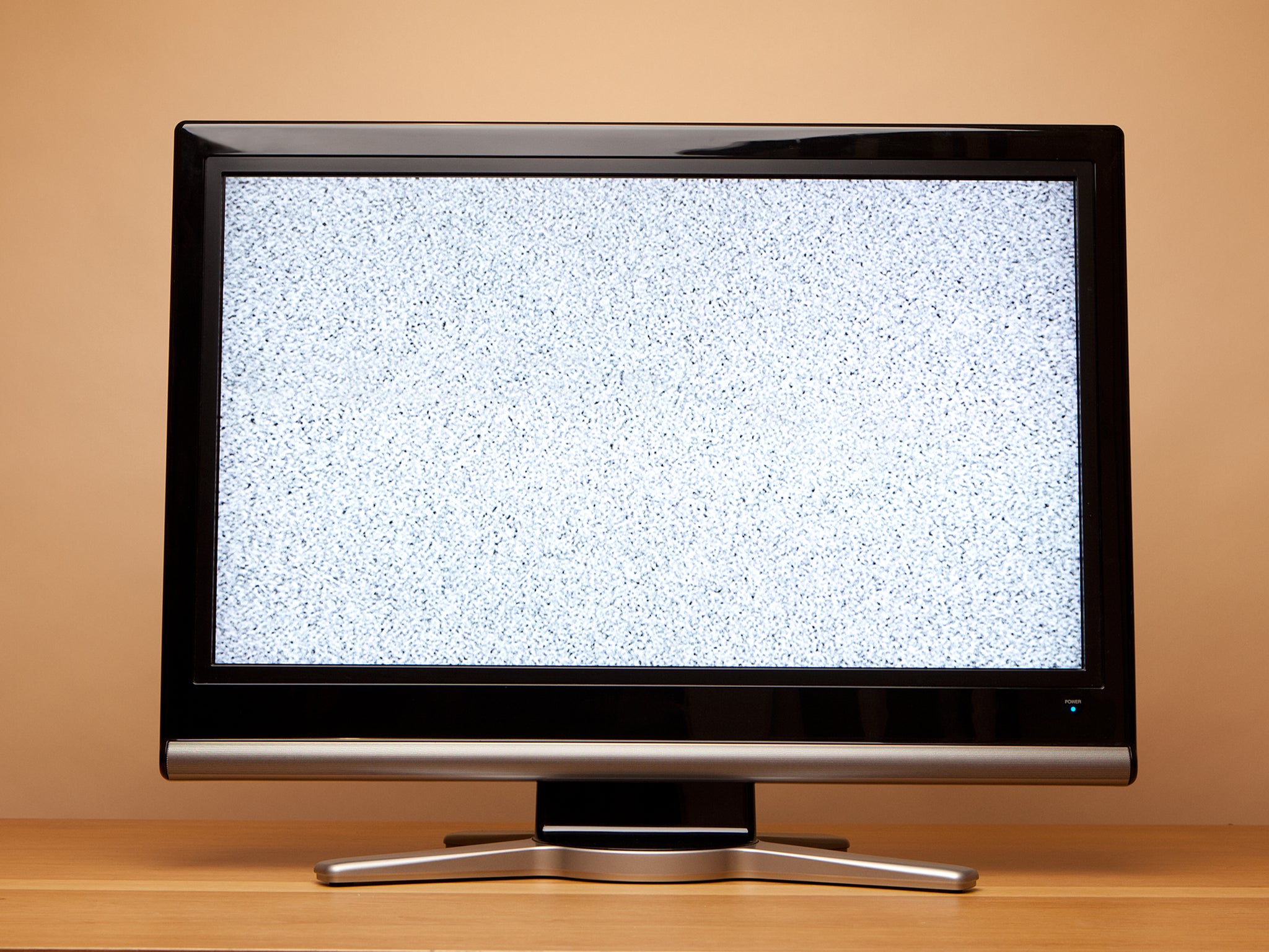Viewers face digital TV disruption as 4G mast switch-on begins

Millions of households face interference to their television signal, or could even lose it altogether, as mobile phone companies switch on thousands of 4G masts in the coming weeks.
Mobile companies have been given the go-ahead to launch new super-fast phone services in Greater London.
But experts fear this could disrupt television viewing because three major operators would be able to use 4G signals on very similar frequencies to Freeview.
at800, an industry-funded body tasked with helping viewers affected by the roll-out, has sent postcards to addresses in London that are in the vicinity of a 4G mast, warning that there was a chance that their Freeview service could be affected.
at800 has stocked up with several million filters, to be sent free to households, which can be attached to an aerial to remedy any interference.
The body has asked those who have received a postcard to get in touch if they have had a good Freeview reception in the past “but experience disruption to your television picture over the next few months”.
O2, 3 Mobile and Vodafone are preparing to launch their new 4G services on the 800mhz band, allowing their customers superfast mobile access to the internet.
But there have been concerns that its proximity to the 700mhz band occupied by Freeview could lead to some viewers losing sound, pictures or entire channels.
EE, the only operator to offer 4G so far, uses the 1800mhz band, leaving Freeview unaffected, although it also has the option of using 800mhz.
Ofcom, the telecoms watchdog, estimates that up to two million people could suffer nationwide due to the number and power of the 4G base stations.
However at800 said tests suggested less than 1 per cent of households with Freeview as their main television service were expected to be affected nationally, corresponding to approximately 90,000 homes. An estimated 40,000 terrestrial digital television viewers may have to switch to cable or satellite providers.
An at800 spokesman said the postcards were sent to let households know who they should contact “in the very unlikely event of disruption”, adding that a number of masts had been activated in south east London over the past two months “and we haven’t yet seen any problems.”
Ofcom said it had been reassured by early testing. A spokesman said: “The current tests, which Ofcom has approved, are providing the first indications of how much interference there may be based on actual trials.
“We’re pleased that the initial results, based on a few transmitters so far, suggest a relatively small number of homes are likely to be affected by 4G interference. That is clearly good news for consumers.”
Following London, operators will be cleared to switch on more 4G 800mhz masts as part of a phased nationwide roll-out.
Download speeds for initial 4G networks should be at least five to seven times faster than those of existing 3G networks
Join our commenting forum
Join thought-provoking conversations, follow other Independent readers and see their replies
Comments
Bookmark popover
Removed from bookmarks